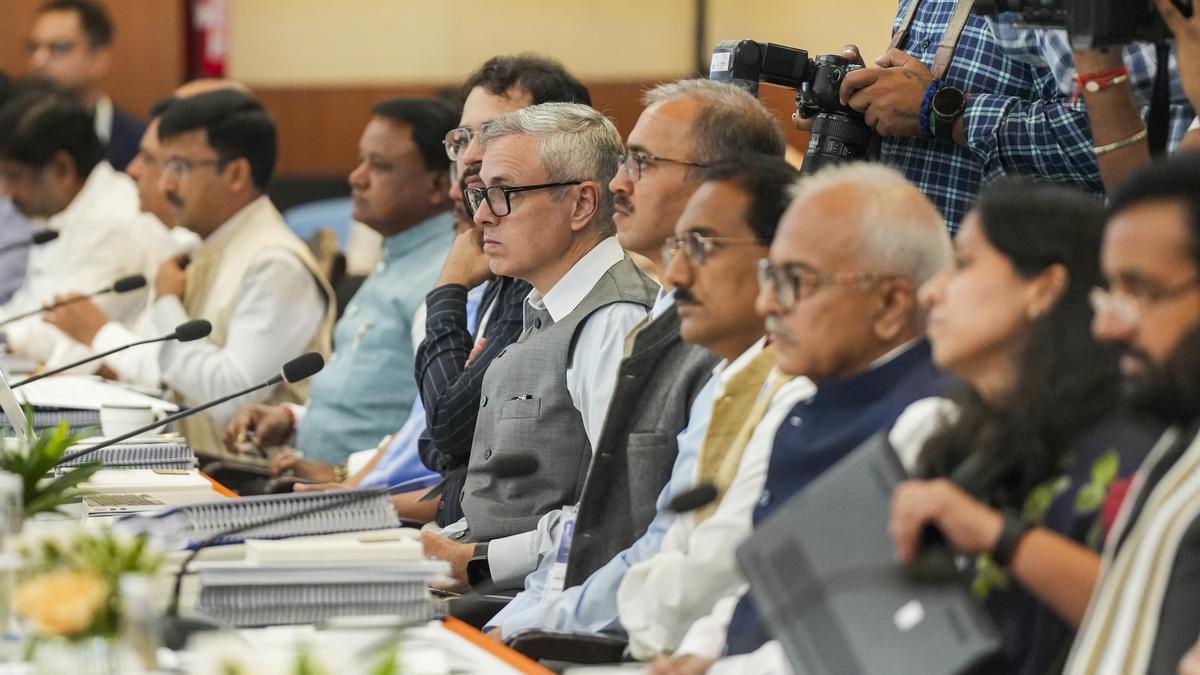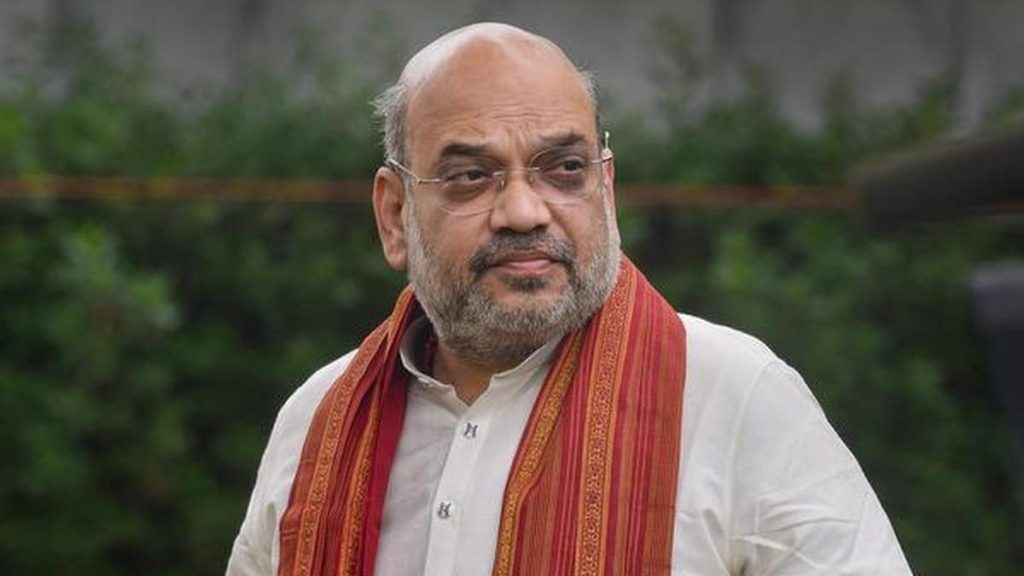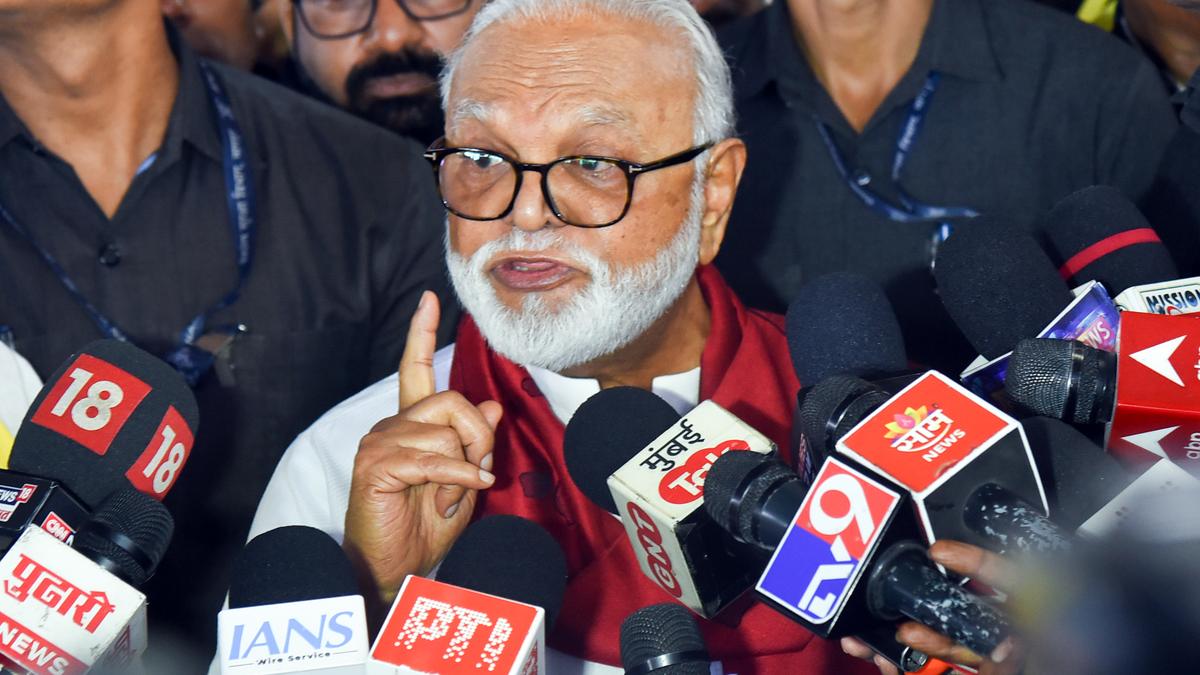Now Reading: J&K CM Abdullah Urges GST Council for Economic Aid in Wake of Terror Impact
-
01
J&K CM Abdullah Urges GST Council for Economic Aid in Wake of Terror Impact
J&K CM Abdullah Urges GST Council for Economic Aid in Wake of Terror Impact

Quick Summary
- Pahalgam Terror Attack & Economic Impact: Jammu and Kashmir Chief Minister Omar Abdullah highlighted the economic devastation caused by the April 2025 Pahalgam terror attack, which resulted in 26 deaths and severe disruption across key sectors such as tourism, handicrafts, agriculture, and horticulture.
- Fiscal Crisis: The Union territory’s (UT) public revenues collapsed following the attack, leading to a fiscal crisis. Development projects stalled due to the exodus of non-local workers.
- GST Reforms Concern: Proposed GST rate rationalisation may reduce J&K’s revenue by 10-12%, compounding its fiscal stress. Abdullah urged for mechanisms to compensate states/UTs for revenue losses while easing consumer prices.
- Support for GST Proposals: Abdullah supported restructuring the GST into two tiers (5% and 18%), emphasizing clarity and reduced litigation for businesses but stressed systemic safeguards against profiteering from reforms.
- National Concerns Raised: Cited geopolitical challenges and restrictive trade policies that could limit India’s global market access by 20%, impacting sectors like agriculture, gems, jewelry, and marine products.
Indian Opinion Analysis
The Pahalgam attack’s ripple effects highlight how security issues directly influence economic stability in conflict-prone regions like Jammu & Kashmir. The collapse of critical economic pillars-tourism, handicrafts-and worker migration underscores how local disruptions can cascade into broader fiscal crises.
Chief Minister Omar Abdullah’s plea at the GST Council reflects a realistic assessment of J&K’s compounded vulnerabilities post-crisis. While supporting two-tier GST reforms for national uniformity and efficiency gains across industries like trade and manufacturing, his spotlight on compensation mechanisms is vital to ensure equitable federal-State/UT relations. Failure to provide financial safeguards risks deepening regional inequities.
At a national level, concerns about restrictive trade policies signal long-term strategic implications for sectors reliant on global markets-a factor worth addressing during ongoing efforts to stabilize India’s growth trajectory amid external uncertainties.
























